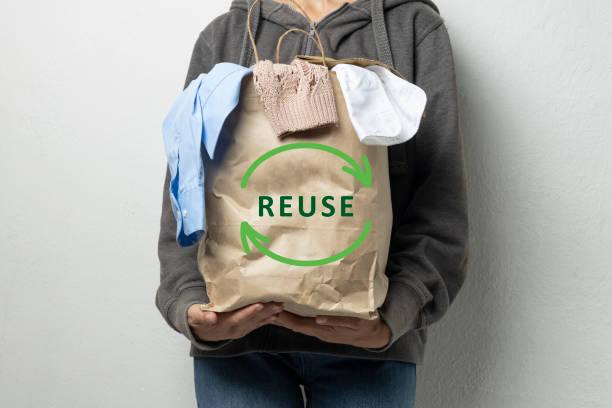Australians are increasingly using reusable bags over plastic ones primarily due to environmental concerns and legislative actions aimed at reducing plastic waste. However, there is some evidence indicating health concerns associated with the use of reusable grocery bags if they are not properly maintained. Studies and health experts have highlighted potential issues such as the growth of bacteria in reusable bags, particularly when they are not regularly cleaned or stored correctly.
For instance, research has shown that a significant percentage of reusable bags can harbor bacteria, including E. coli, due to cross-contamination from food or other sources. Specifically, one study found bacteria in 99% of the reusable bags tested, with 8% of these containing E. coli. The study emphasized the importance of regular cleaning to mitigate these risks.

Additional guidelines suggest washing reusable grocery bags frequently in hot soapy water and ensuring they are completely dry before reuse. It's also recommended to designate specific bags for groceries only to prevent cross-contamination from other uses, such as carrying gym clothes or being in contact with pets.
Therefore, while reusable bags are beneficial for reducing waste, it's crucial to maintain strict hygiene practices with their use to avoid potential health risks. Regular washing and careful storage are key steps in preventing the development and spread of harmful bacteria.

Here are detailed recommendations on how to properly wash and store reusable grocery bags to maintain hygiene and minimize health risks:
Regular Washing
- Machine Washing Cloth Bags:
- Cloth bags, especially those made from cotton or canvas, should be washed in a washing machine using laundry detergent.
- Use the warmest appropriate water setting for the bags being cleaned to effectively kill bacteria.
- After washing, dry the bags in a dryer on a high setting or air dry them completely before the next use.
2.Hand Washing Synthetic Bags:
- For plastic or synthetic reusable bags, hand washing with hot soapy water is recommended.
- Be sure to scrub all surfaces of the bags, paying special attention to the handles and bottom where debris and bacteria can accumulate.
- Rinse thoroughly with clean water and air dry them completely before storing or reusing.
Careful Storage
- Ensure Dryness Before Storage:
- Whether cloth or synthetic, ensure that bags are completely dry before storing them to prevent mold and mildew growth.
- Storing damp bags can create an environment conducive to bacteria and mold.
- To avoid cross-contamination, designate specific bags for raw meats, produce, and non-food items.
- Use color-coded bags or labels to help remember which bags are used for each purpose.
- Do not store reusable bags in the trunk of a car or other enclosed, potentially warm and humid places, as these conditions can promote bacterial growth.
- Instead, store them in a clean, dry area within your home, such as a pantry or a dedicated hook near the entryway.
4. Regular Cleaning of Storage Areas:
- Clean and disinfect the storage area regularly to prevent the area itself from becoming a source of contamination to the bags.
By following these guidelines, you can ensure that your reusable bags remain safe and clean, thus helping to prevent any potential health issues associated with their use. Regular maintenance and mindful practices are key to reaping the environmental benefits of reusable bags while safeguarding your family's health.


